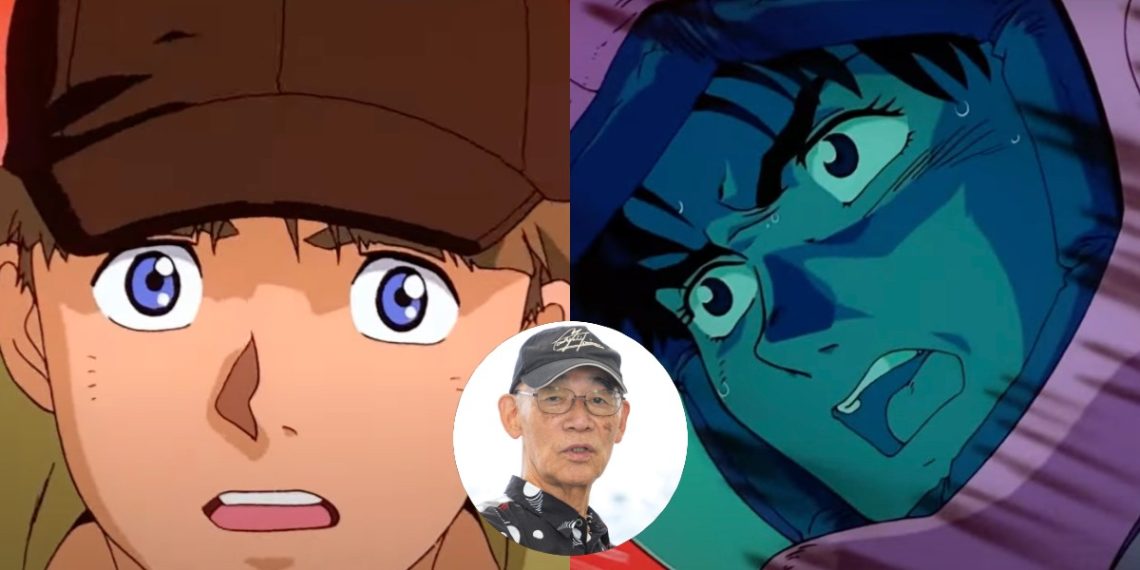The 1990s was a formative decade that established pathways and trends in anime and manga that influential works like the “Big Three” would later develop. One lesser-known but groundbreaking 1990s anime that left its mark was Mobile Suit Victory Gundam. This military science fiction mecha series wowed fans with its intricate plot and creative robot designs.
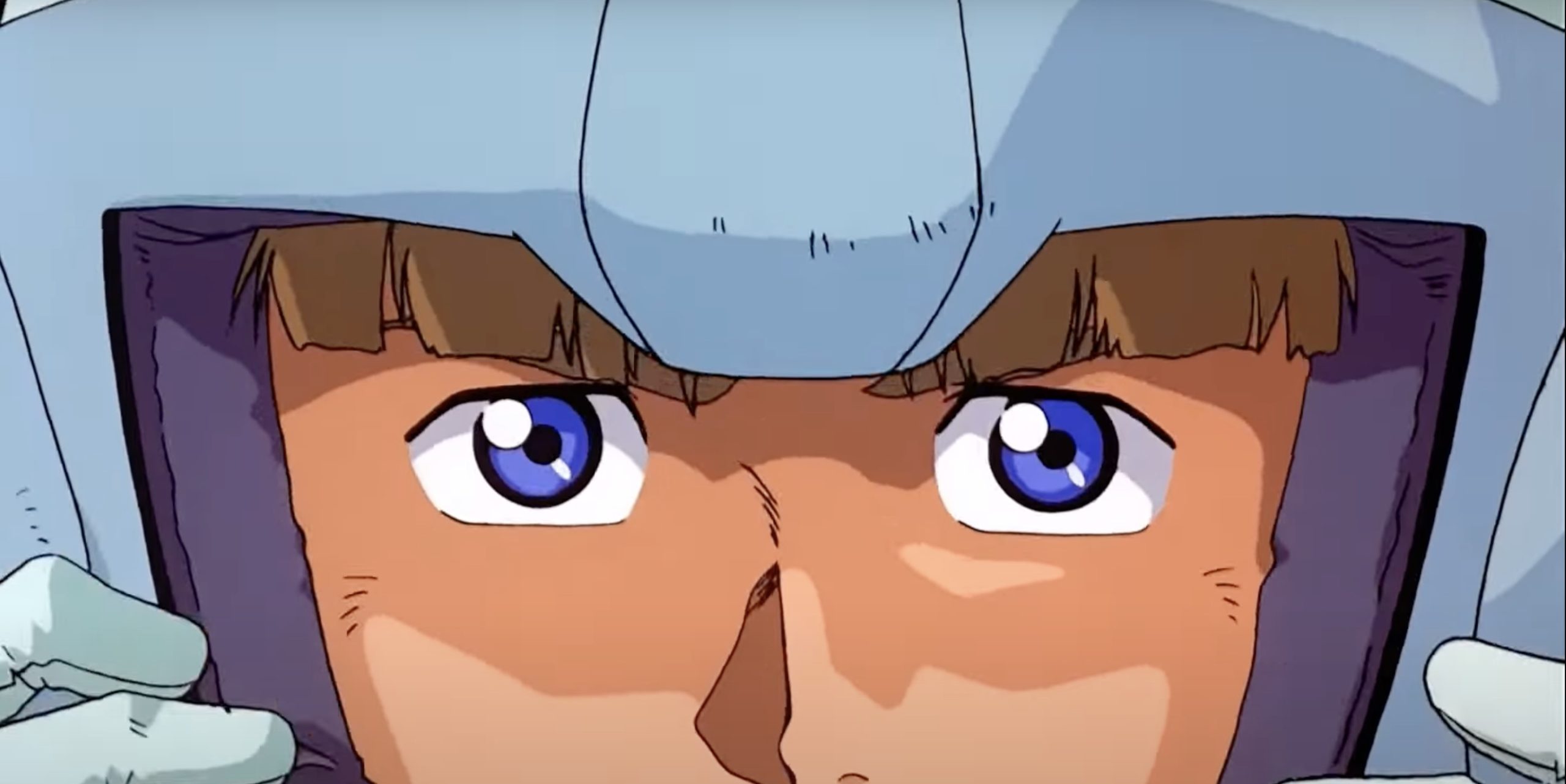
Recently, Victory Gundam creator Yoshiyuki Tomino referenced the current Russia-Ukraine war and controversially mused that it might not have occurred had Russian President Vladimir Putin seen the anti-war messages in his anime classic.
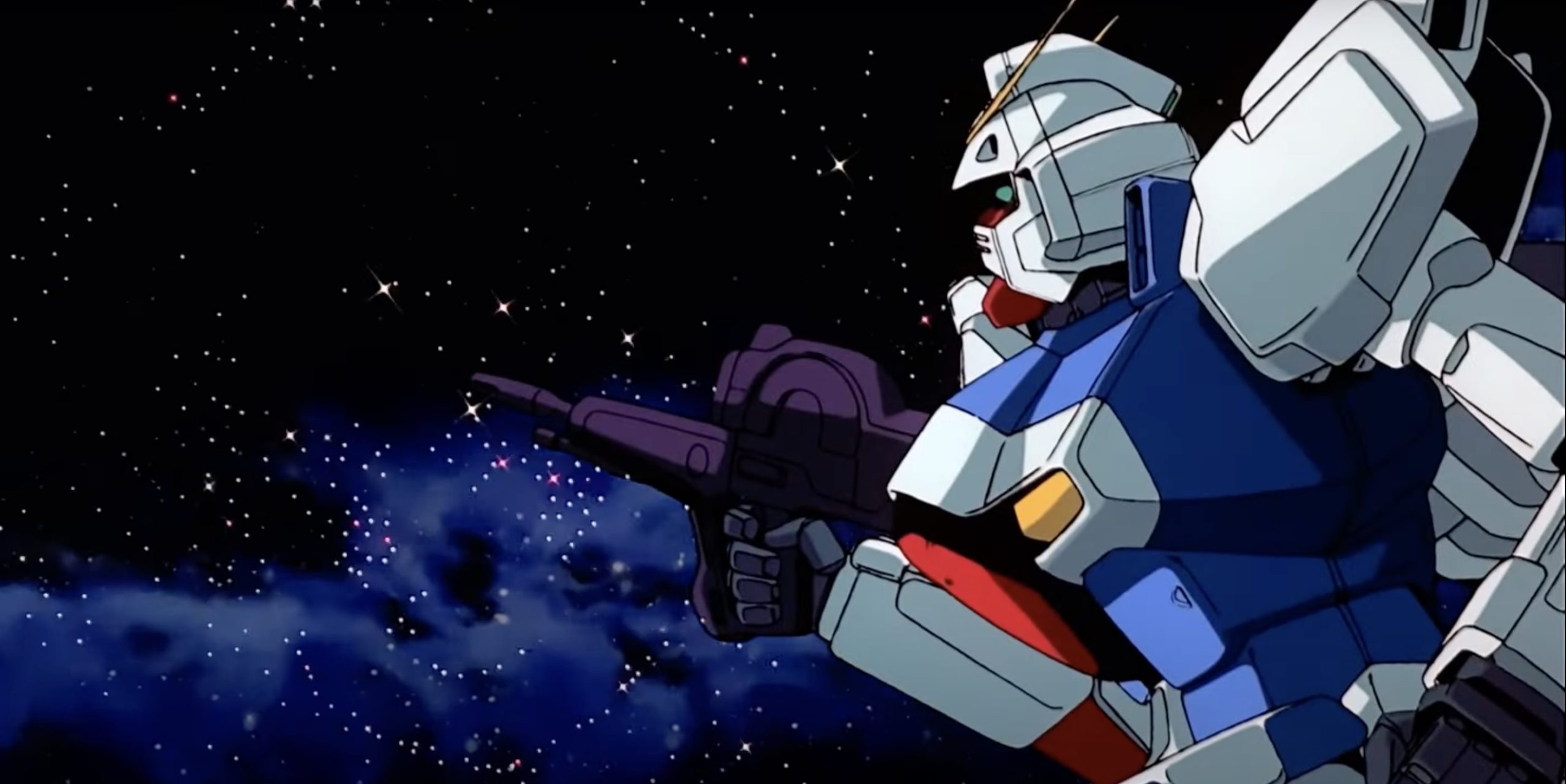
The series graphically depicts the horrors of conflict, from brutal battles to the aftereffects of devastating weapons.
Though provocative, Tomino’s comments stem from his belief that Victory Gundam promotes peace by showing war’s terrible cost.
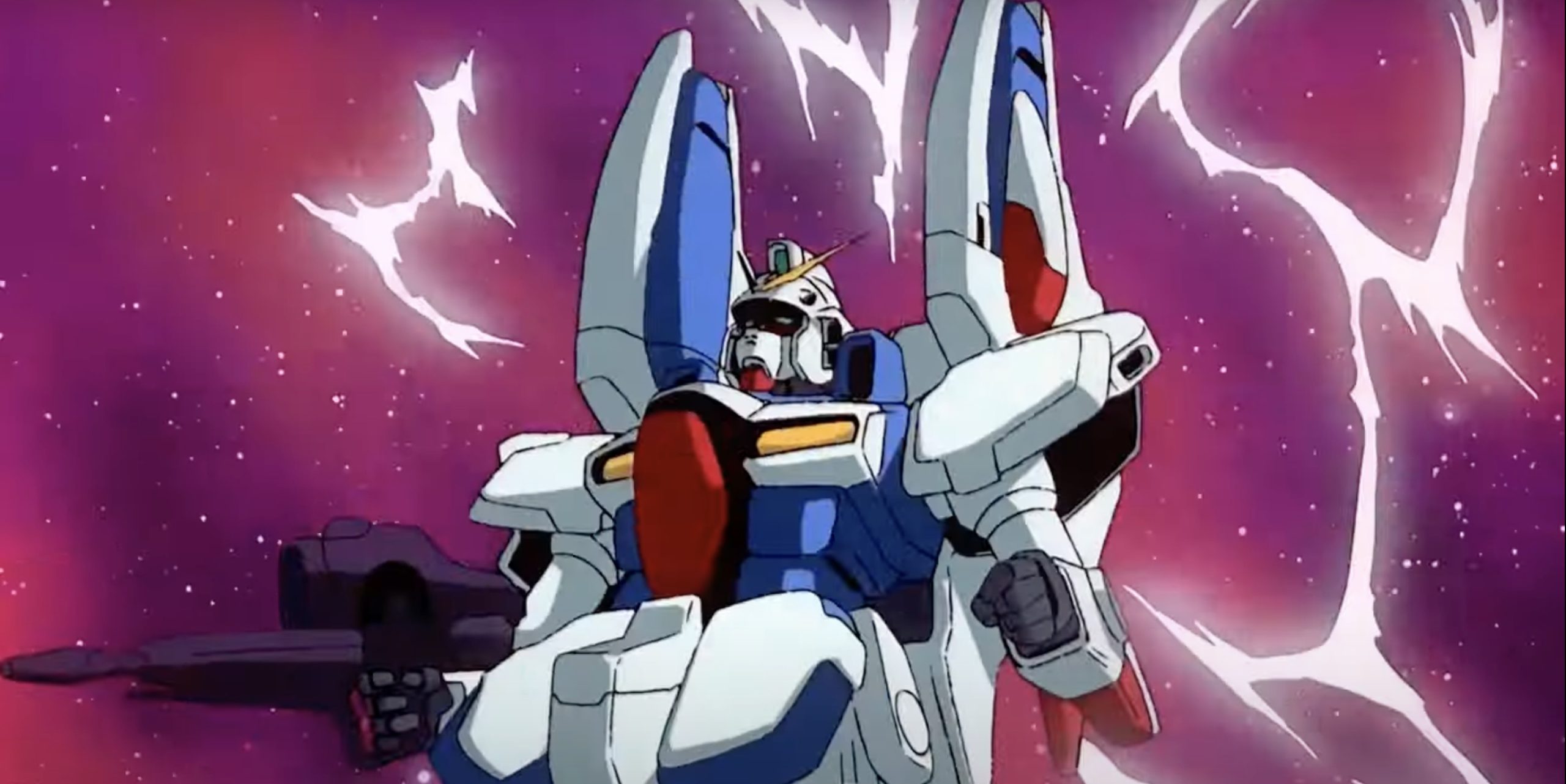
Whether or not one agrees with Tomino’s political remarks, his seminal work pushed anime’s artistic boundaries. In pioneering mature war dramas in animation, Victory Gundam paved the way for later acclaimed films and series.
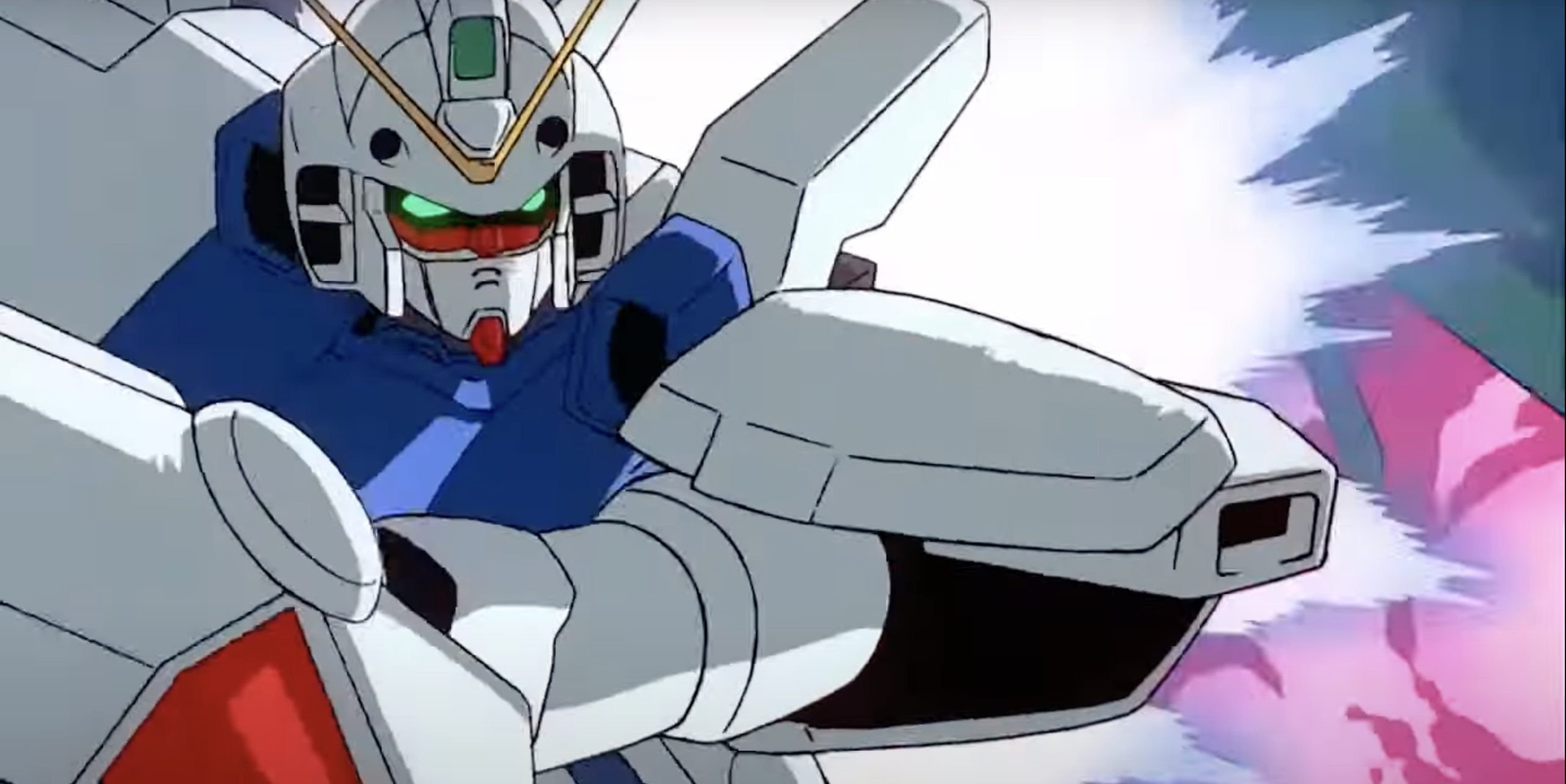
By boldly tackling weighty themes, it showed the rich potential of anime to make meaningful social commentary.
Though overshadowed by subsequent mega-hits, Victory Gundam profoundly shaped the anime landscape we enjoy today.
Mobile Suit Victory Gundam’s Reflections on the Ukraine-Russia Conflict
The anti-war anime series Mobile Suit Victory Gundam viscerally depicted the trauma and destruction of conflict, as seen through the eyes of its young protagonist.
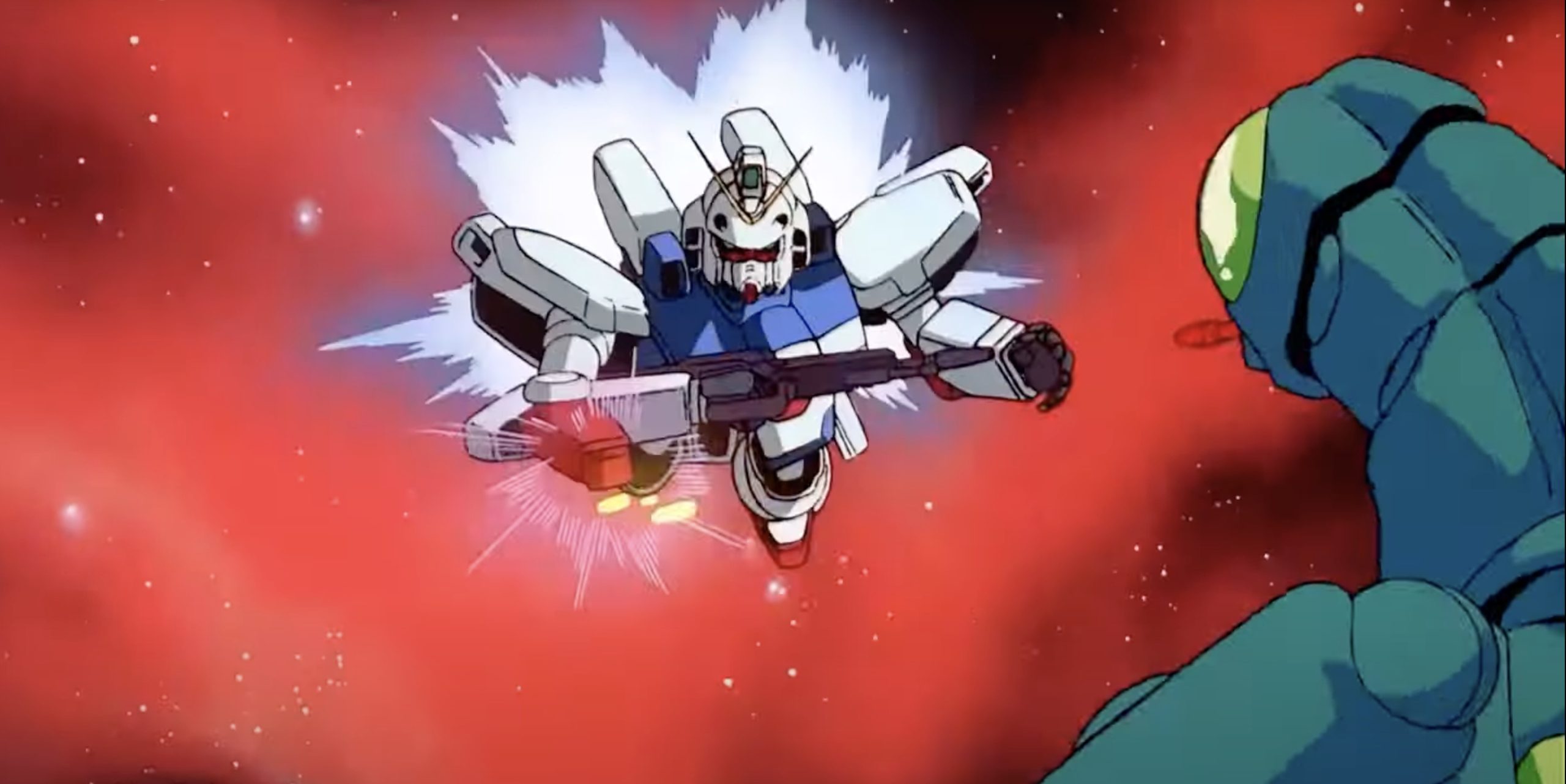
Creator Yoshiyuki Tomino provocatively suggested that had Russian President Vladimir Putin seen his show’s graphic portrayal of war’s devastating toll, he might have hesitated to initiate the current Ukraine invasion.
In a 2023 interview, Tomino asserted that his decades-old anime eerily parallels today’s geopolitical realities surrounding the Ukraine-Russia war.
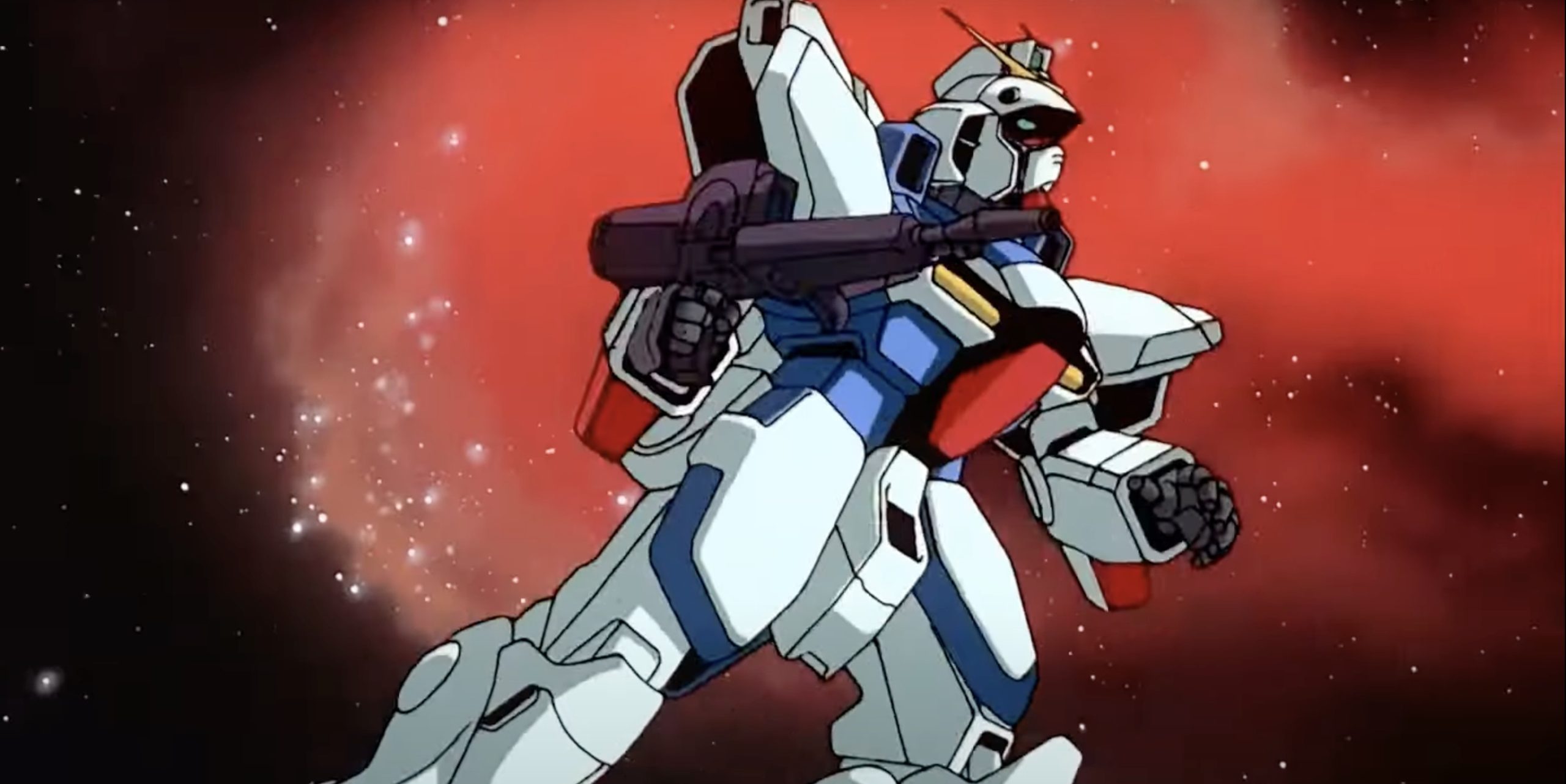
He believes Victory Gundam matches both the real-world tensions that boiled over into open warfare, as well as illuminating its painful human consequences.
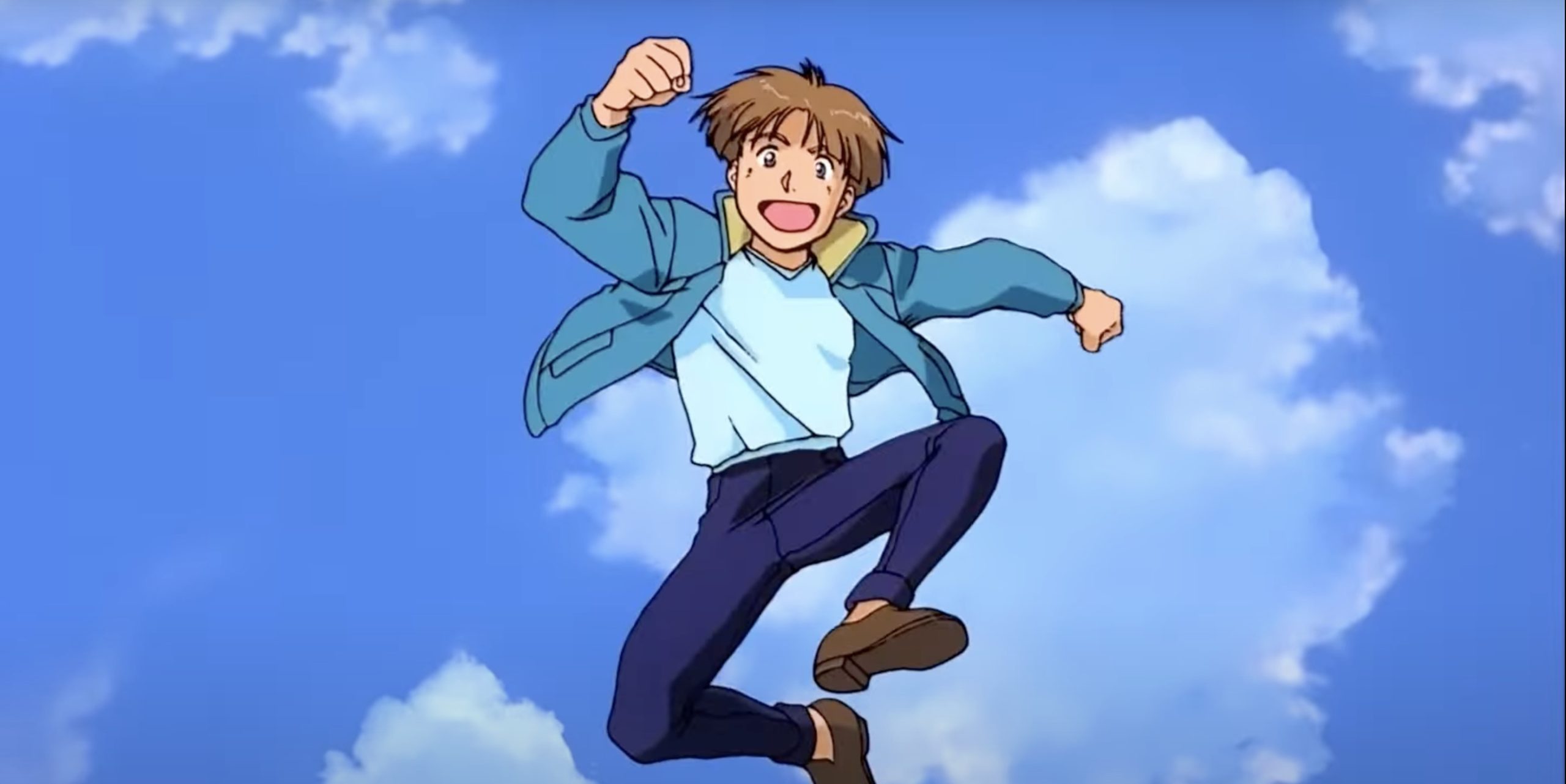
Specifically, Tomino said: “It’s been a year since the war between Ukraine and Russia started. To me, Victory Gundam feels so accurately reflective of Putin’s war.
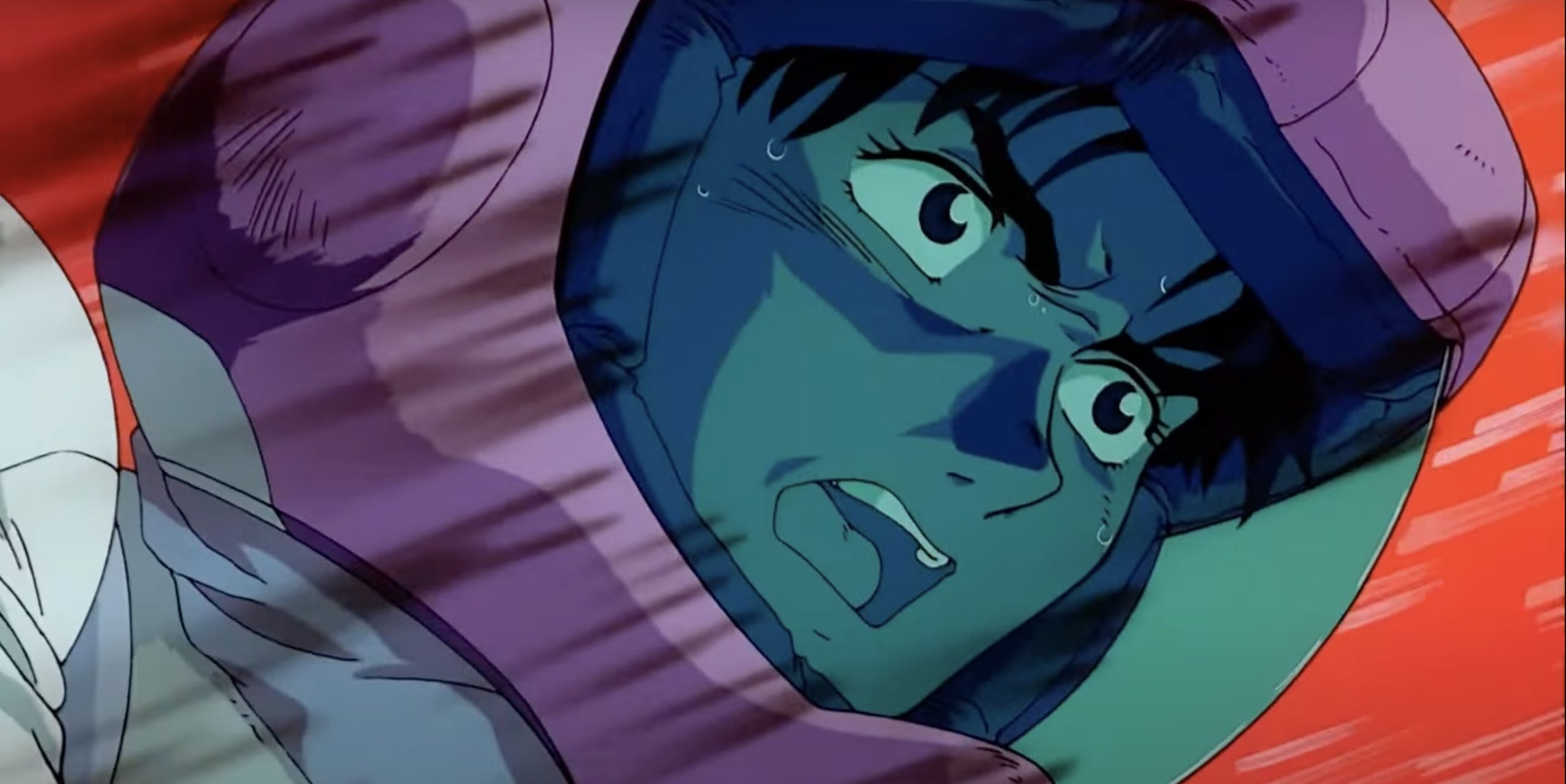
If Putin had watched it, I think he definitely wouldn’t have gone to war.” The host and Tomino then delved deeper analyzing the unsettling similarities between fact and fiction.
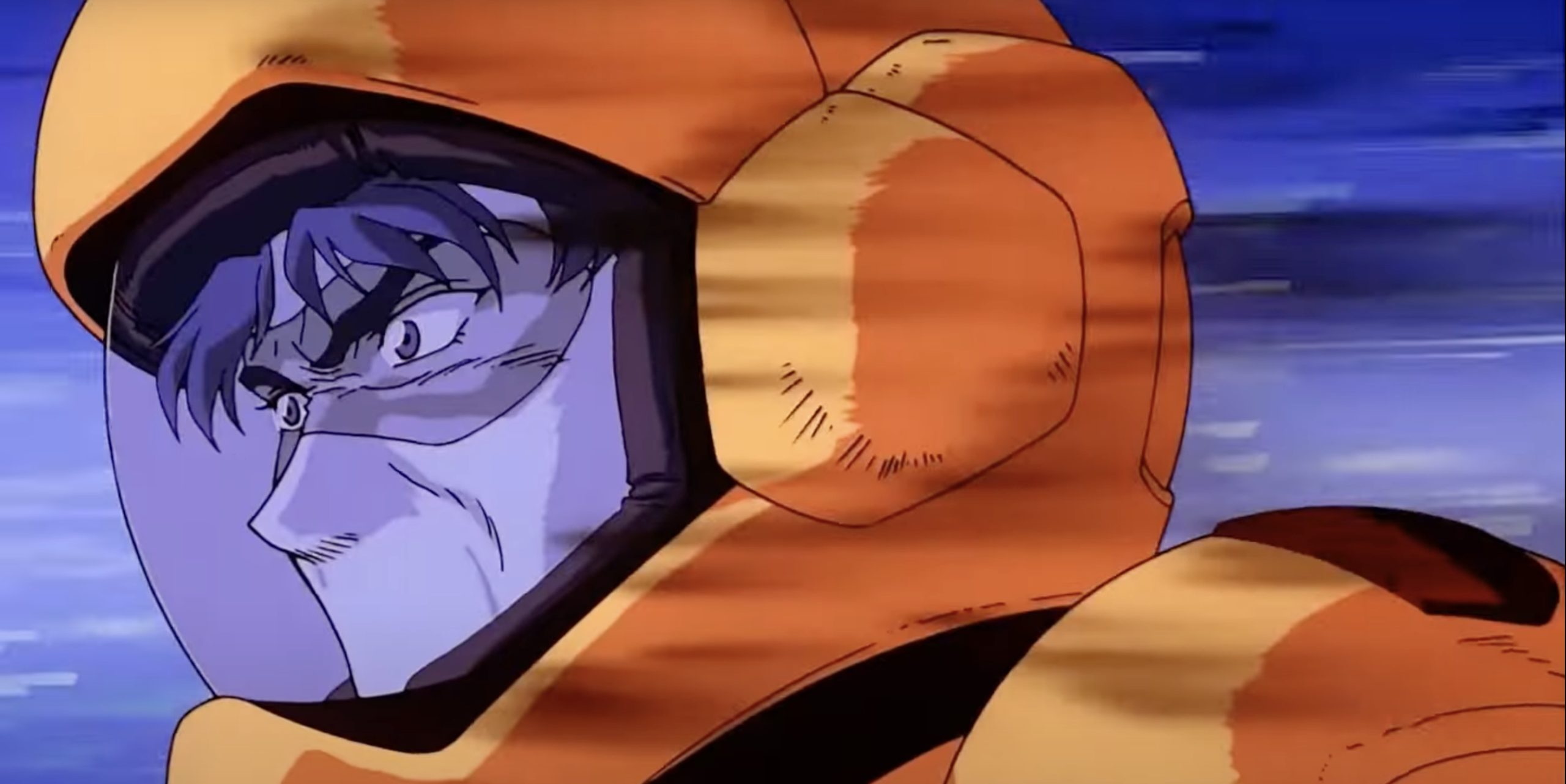
While Tomino’s bold claims are debatable, they highlight how prescient anime can sometimes prove to tackle global issues.
Through its anti-war commentary and messages, Victory Gundam demonstrated animation’s power to make society contemplate humanity’s self-destructive tendencies decades before they explode into the present-day news headlines.
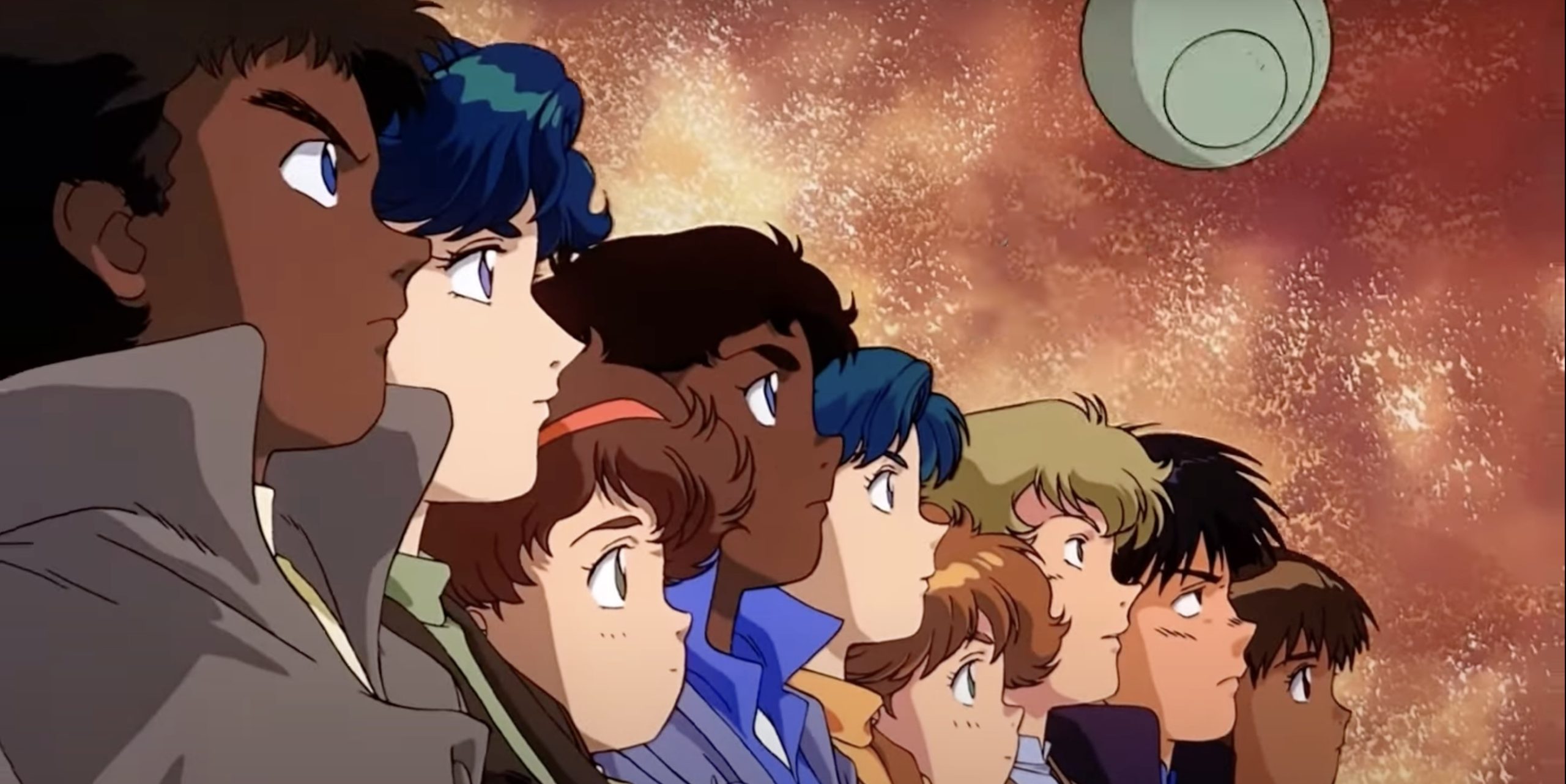
Yoshiyuki Tomino offered an unusually broad perspective when analyzing the Ukraine-Russia conflict, touching on factors from military doctrine to sociological views on generational differences.
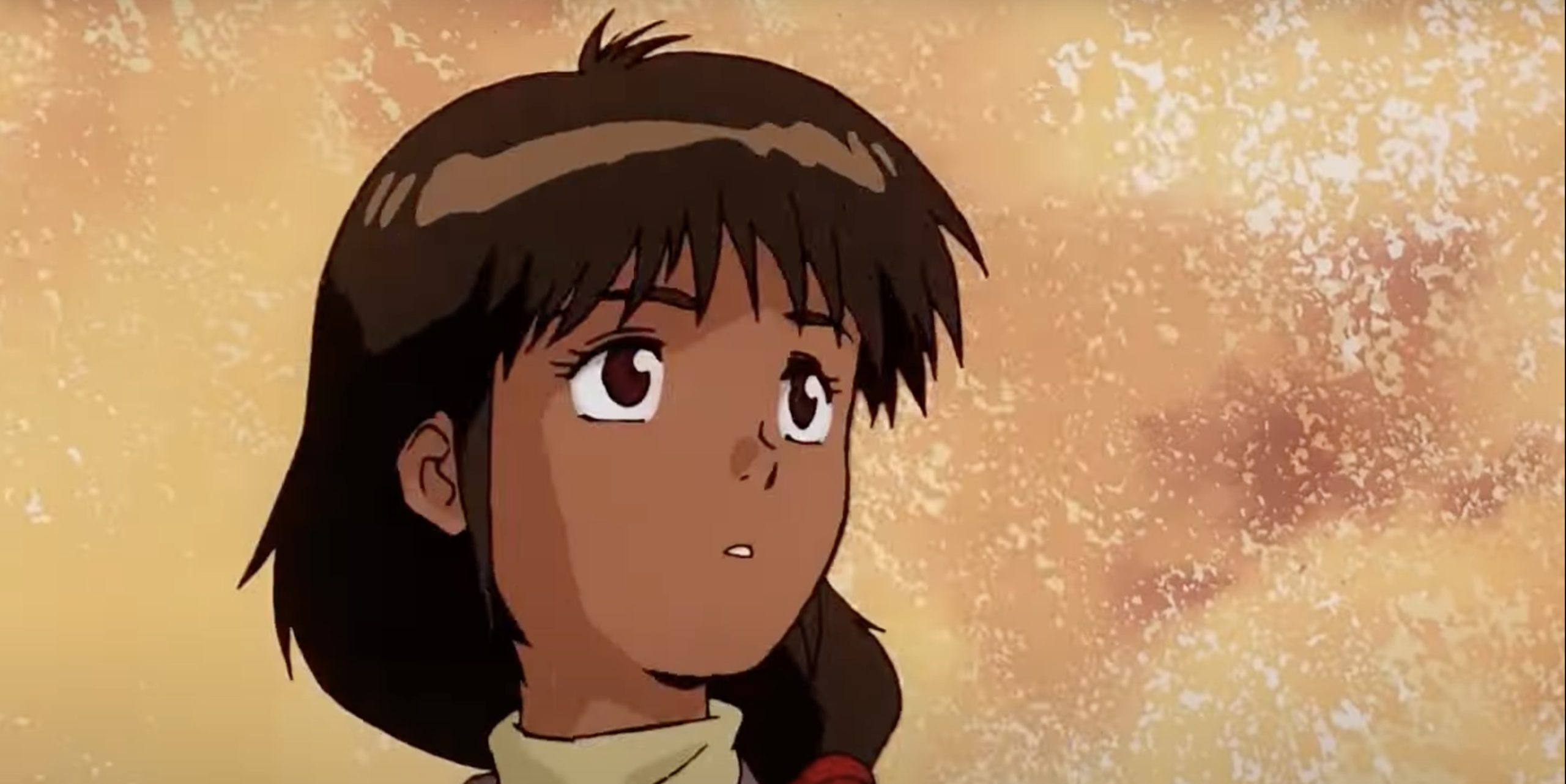
He categorized Russia’s aggression as reminiscent of “medieval” royalty waging wars of conquest for personal motives rather than existential national threats.
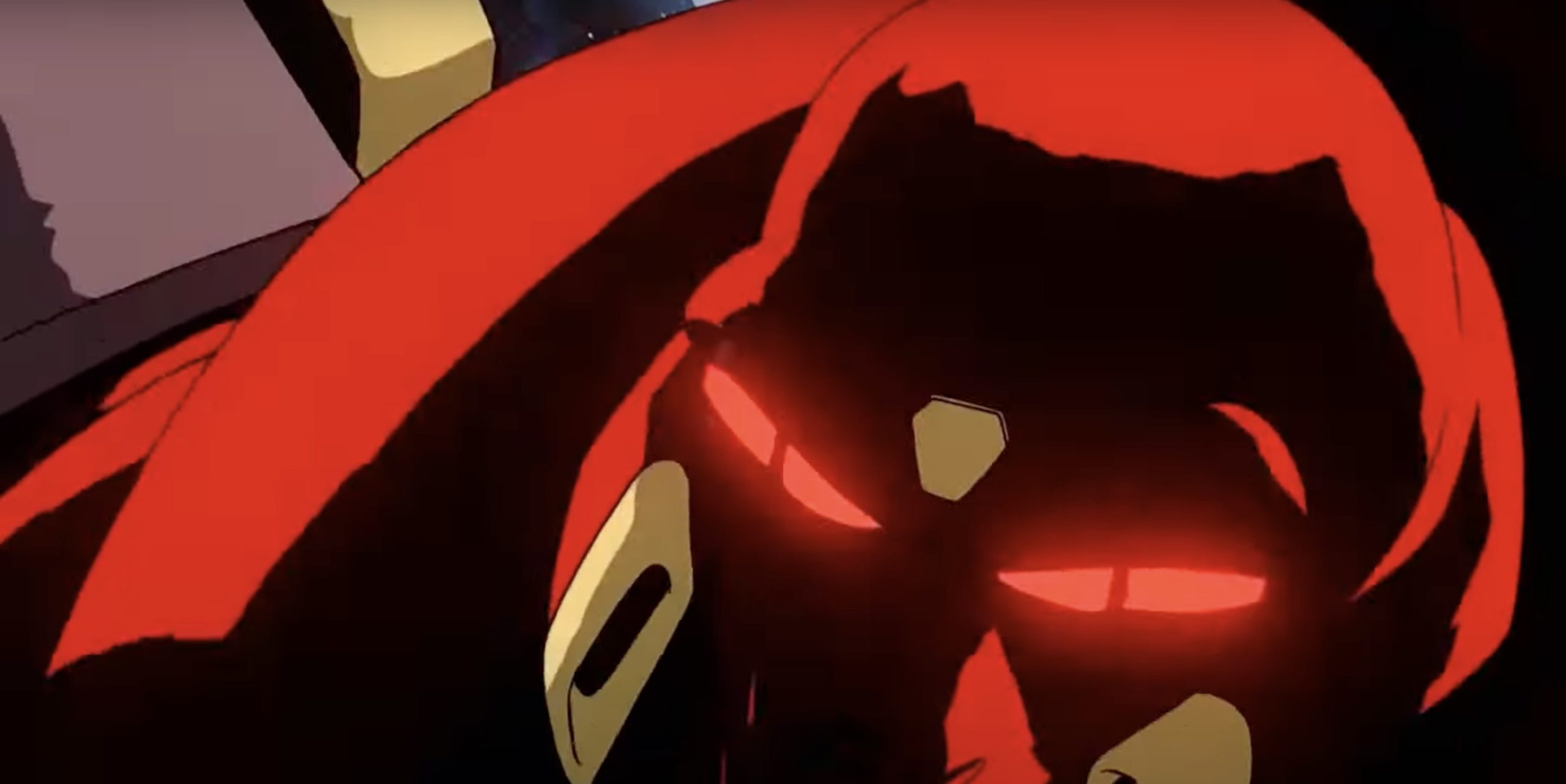
In Tomino’s historical paradigm, Vladimir Putin plays the role of a monarch marching his armies to war to satisfy ambitions, rather than fighting a total war staking the country’s full military and economic assets.
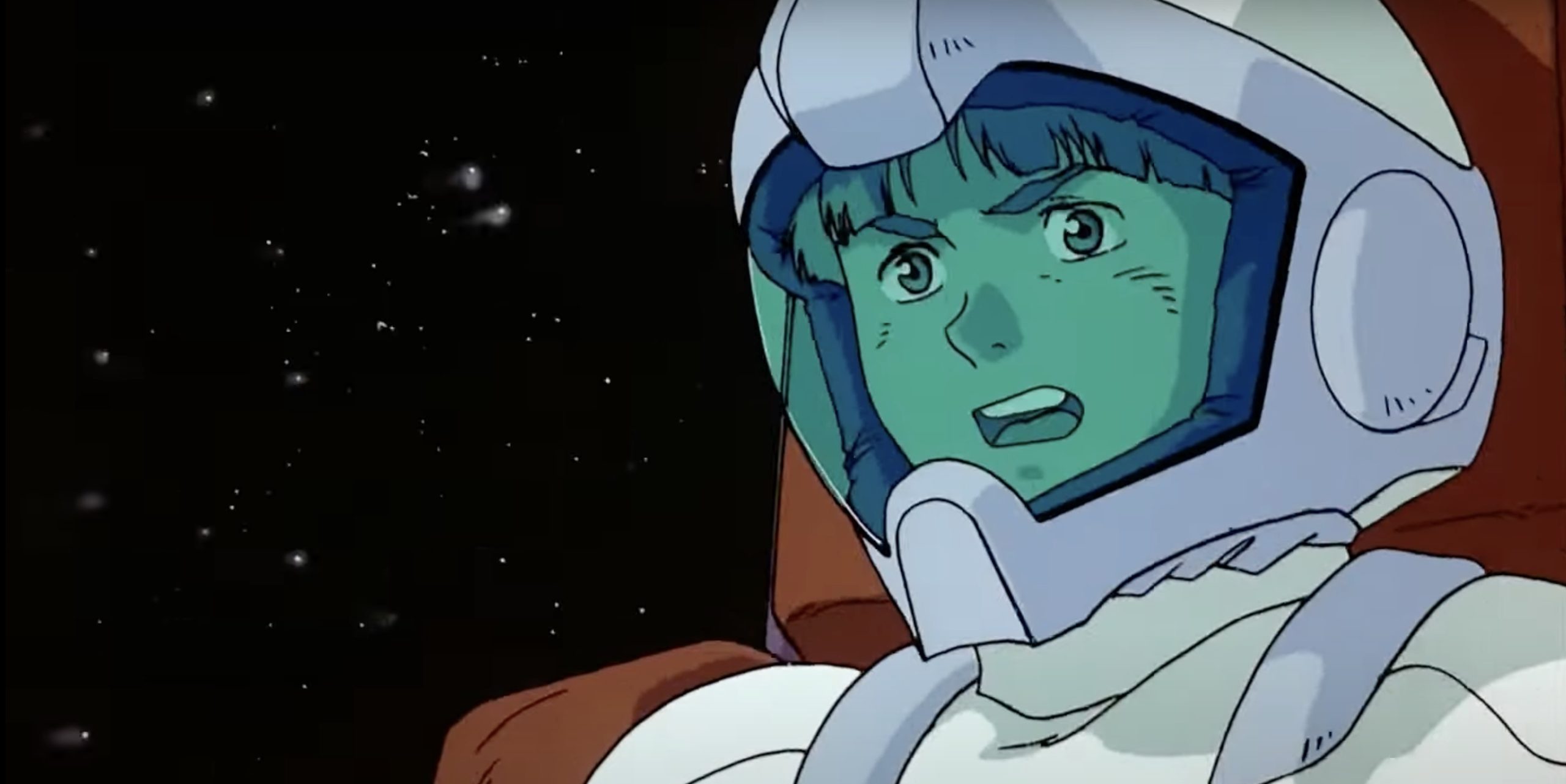
Once Putin’s personal appetites for invasion are sated, this theory implies, he could casually call off his troops rather than pursue a wider campaign for national survival.
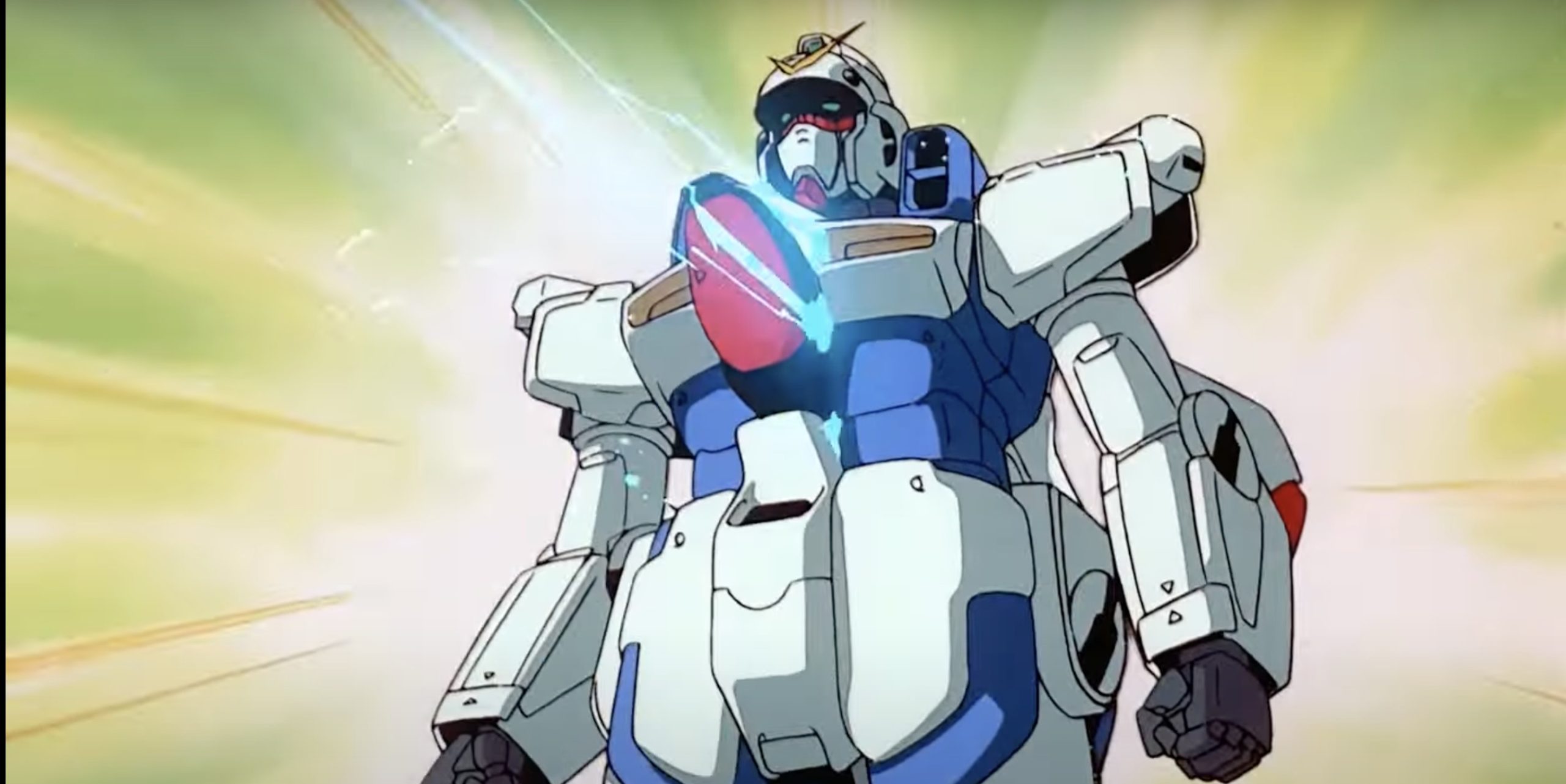
Intertwined with his geopolitical commentary, Tomino speculated hopefully about generational shifts in wartime attitudes.
He believes younger generations, spared direct exposure to scarring global conflicts like the Cold War and Vietnam War, will maintain more optimistic ideals and demand a more peaceful world.
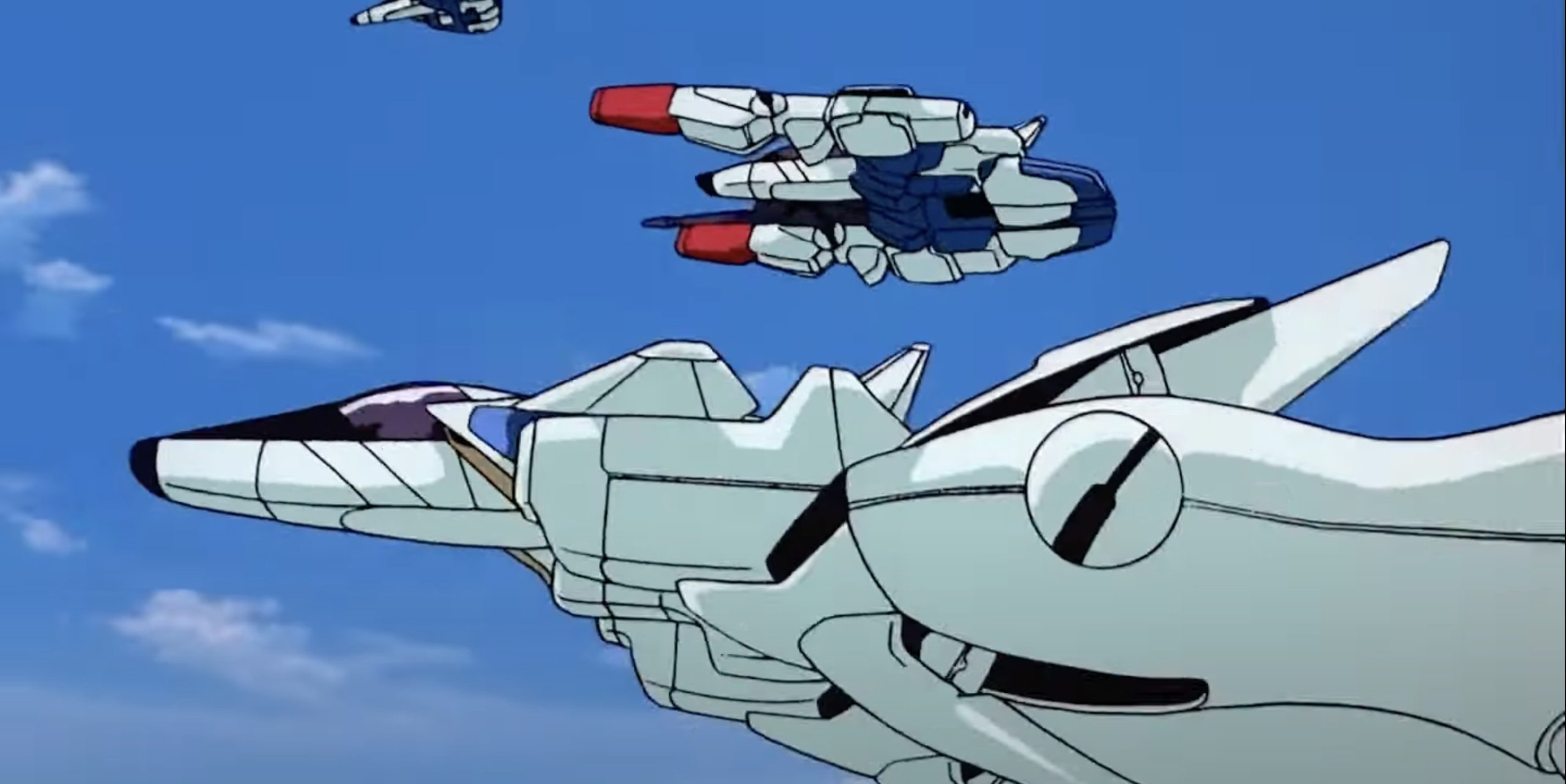
Having avoided their elders’ first-hand suffering, Tomino expects modern youth to reject war as an acceptable policy option for leaders like Putin pursuing selfish goals.
More About Mobile Suit Victory Gundam
Considered one of the greatest anime series of the 1990s, Mobile Suit Victory Gundam forged a profound psychological connection with fans amidst its sci-fi mecha action.

First airing in 1993 and spanning 51 episodes, the acclaimed show cultivated an enormous global following.
Yet behind the excitement of titanic robot battles lies a weighty anti-war message depicting conflict’s traumatic horrors.
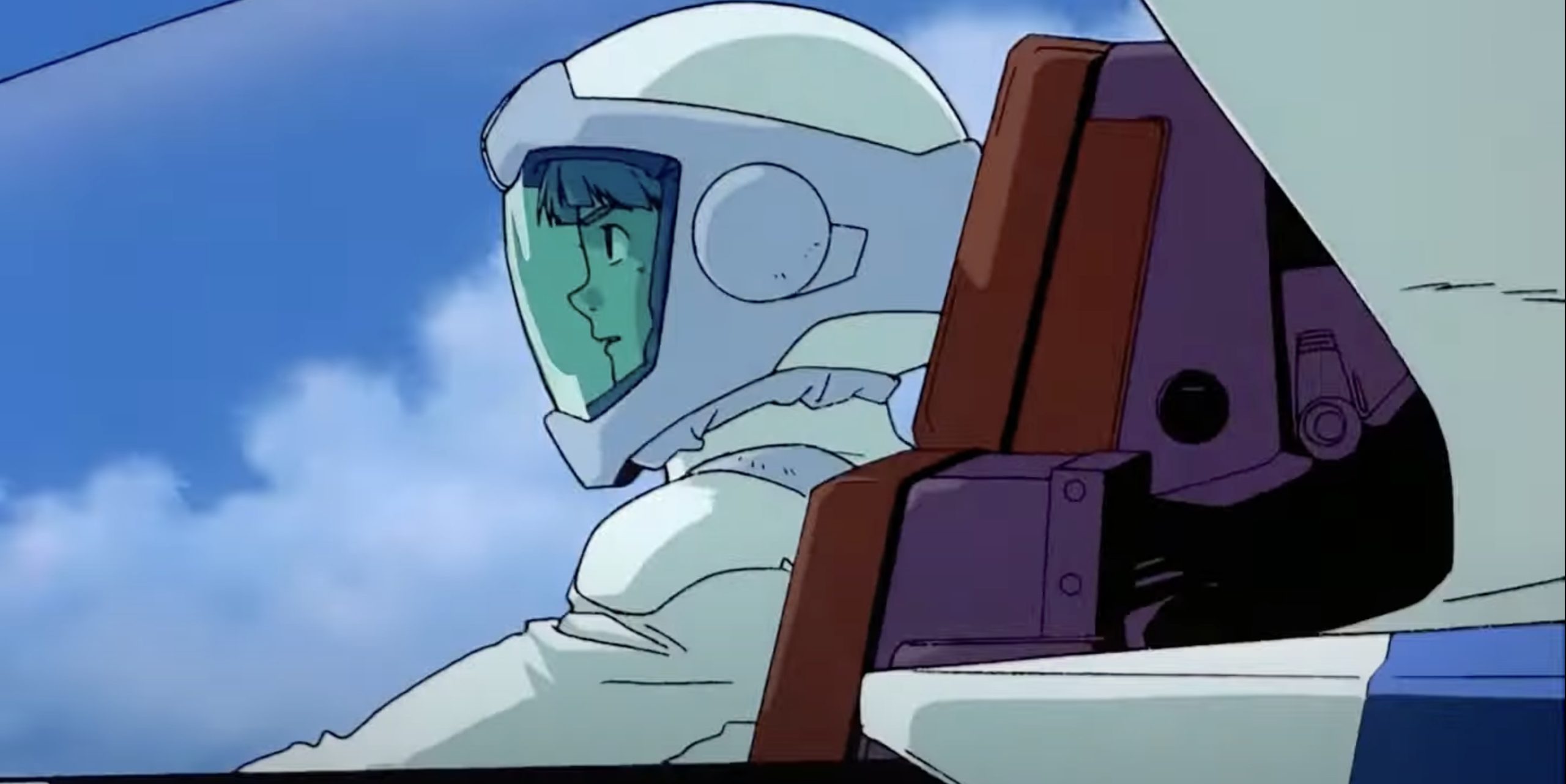
Creator Yoshiyuki Tomino leverages the show’s rich drama to provide harrowing insight into the realities of warfare.
For many fans scarred by brutality in their own lives, Victory Gundam strikes an emotional chord in showing war’s devastating human toll.
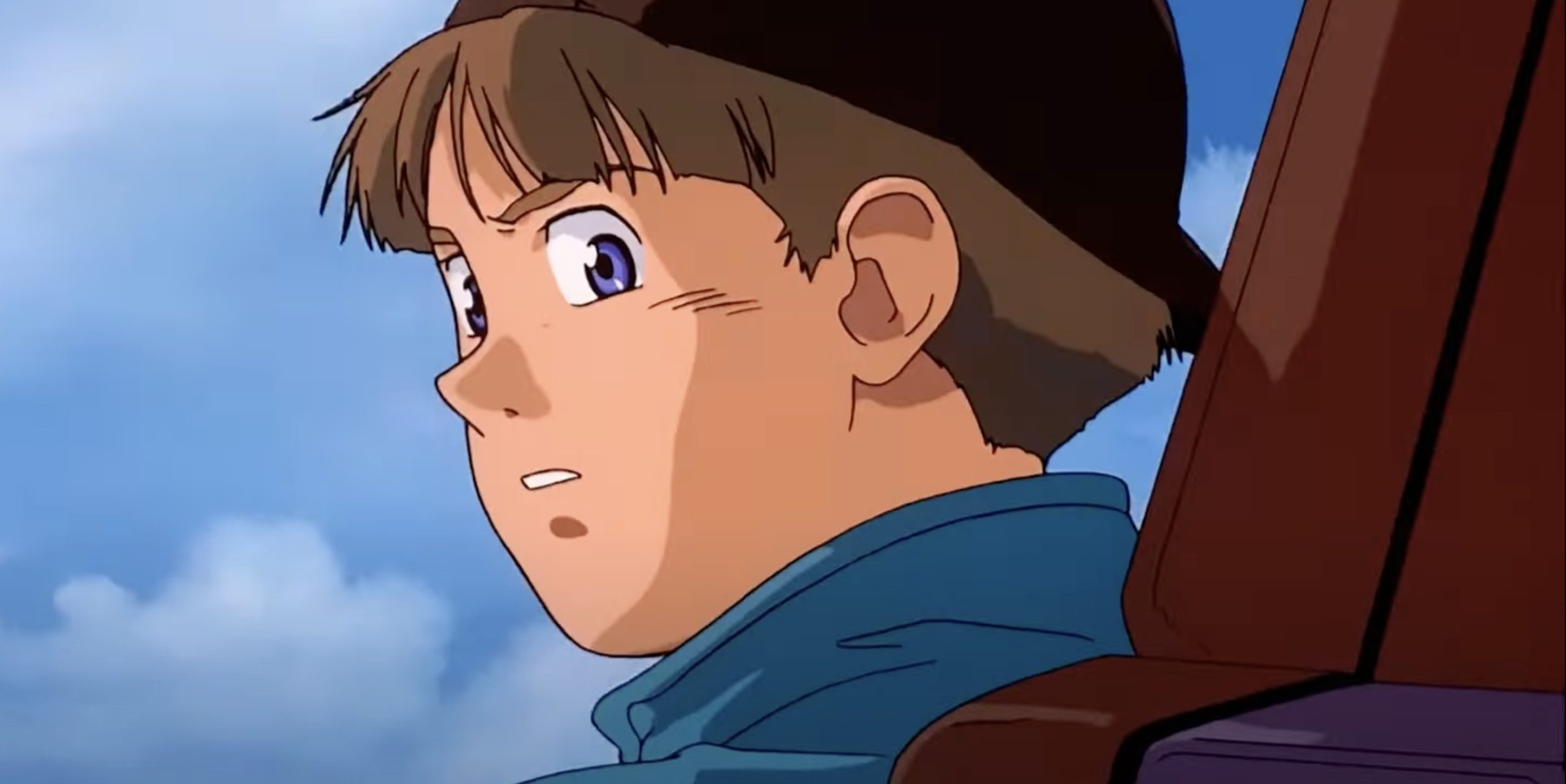
As the visionary mind behind the whole Gundam multi-media franchise, Tomino boasts unmatched expertise in animating futuristic conflicts to thoughtfully reflect real-world tensions.
His recent commentary applying that analytical lens to Russia’s invasion of Ukraine showcases the geopolitical sophistication he brings to his art.
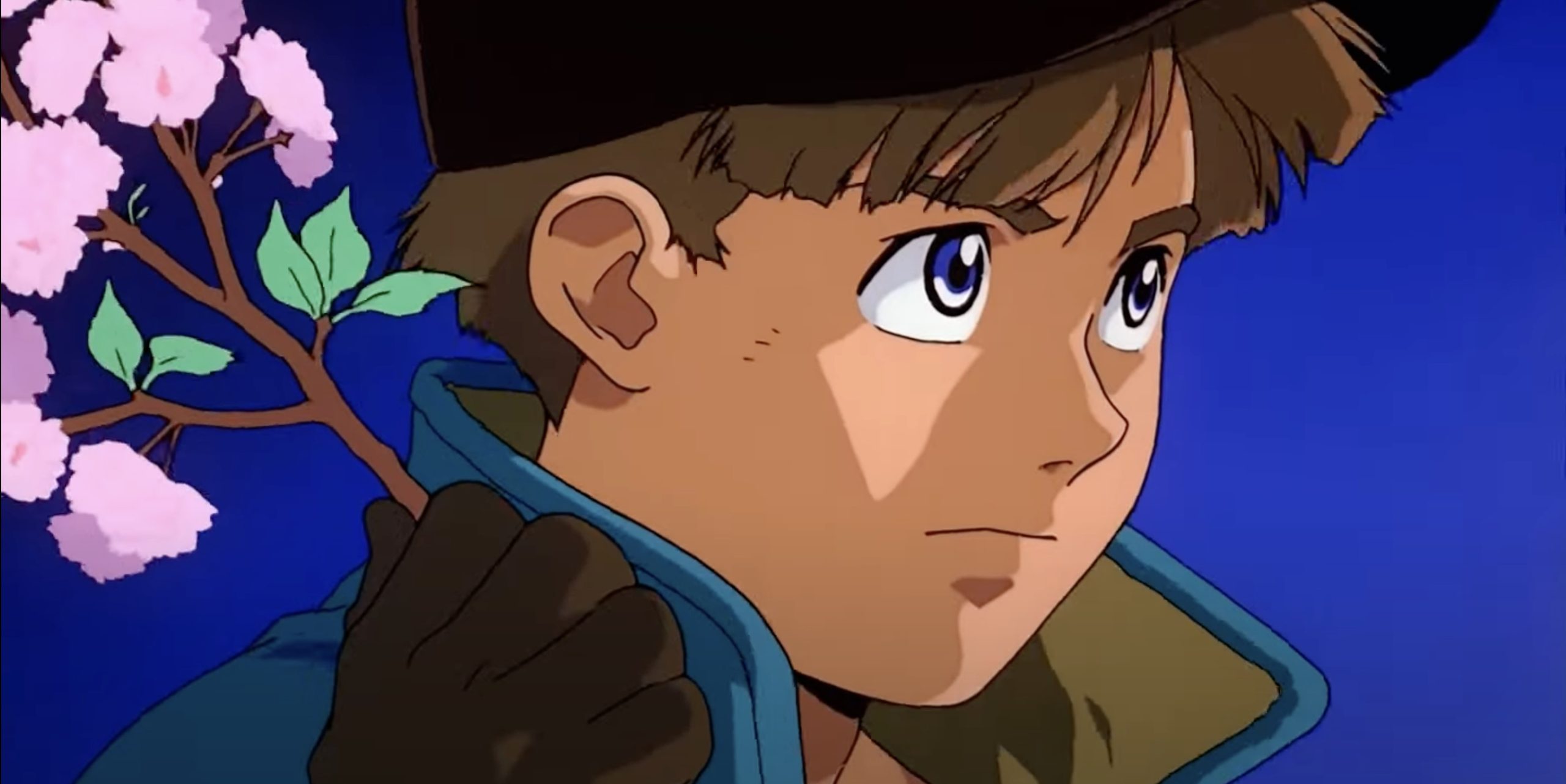
Just as world events shape Tomino’s apocalyptic anime visions, so too does his body of work offer a philosophical perspective on tragic current events.


